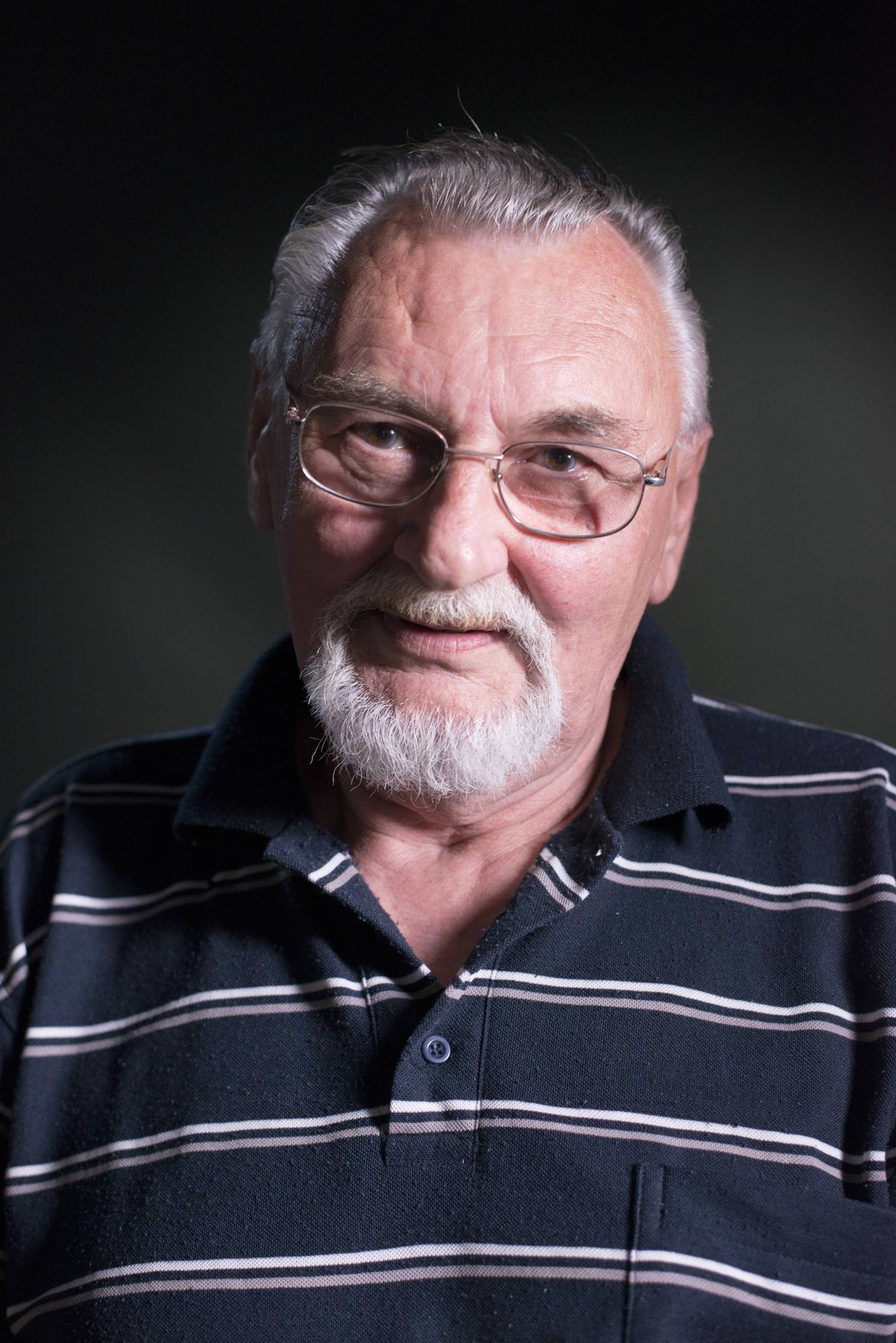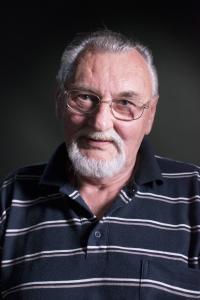Batá already knew it in 1920

Stáhnout obrázek
Jiří Drofa was born on October 24, 1941 in Kbelnice near Jičín. Both his parents had been employed in Baťa‘s shoe factory. His father, Miroslav Drofa, grew up in the Pilsen region. After graduating from technical school in 1928 he moved to work in Baťa‘s factory in Zlín. Here he worked his way up to become a competent and respectable architect. Jiří‘s mother worked in the same company as a draughtswoman. The fact that both his parents were close to Baťa influenced Jiří‘s way of thinking and working ever since childhood. He grew up in post-war times, lived through the February revolution and the ensuing communist power consolidation. In January 1964 he took a job at the Industrial Constructions company in Zlín. In 1968 he was allowed to emigrate to work for two years in the United States. In 1970 he returned to Czechoslovakia. He says that he has never regretted this decision.

